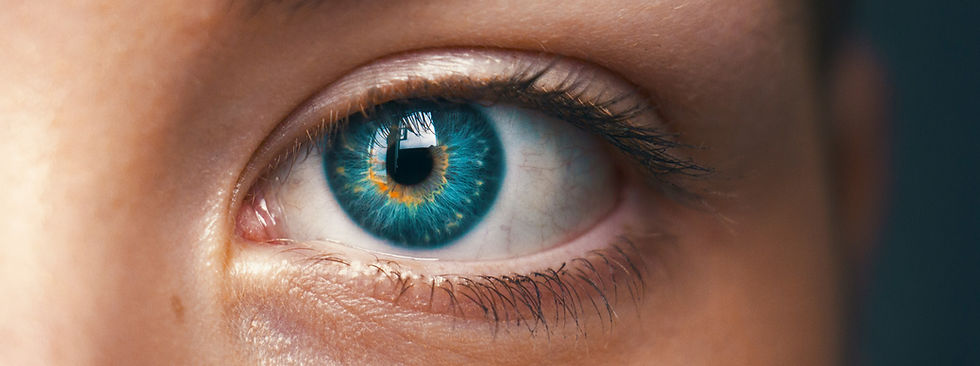Why Is Mouth Breathing Bad For You?
- Jess Pirotte
- Oct 22
- 2 min read

In little kids, it’s downright adorable - the open mouth, the closed eyes, the seemingly peaceful rest - but there are many reasons why mouth breathing is a problem that can lead to bigger issues if left unchecked! Humans are meant to breathe through their noses; the nose is specifically designed to humidify air, trap foreign particles, and filter air as it enters our system. So what then happens when we mouth breathe?
Dry Mouth - which can lead to dehydration, increased oral bacteria, higher risk of cavities and gum disease
Tooth Decay - related to the above, mouth breathing increases the bacteria in the mouth and decreases the helpful saliva that nullifies it, leading to an increased risk of tooth decay
Reduced Oxygen Intake- by bypassing the nose, we miss nasal nitric oxide, which leads to a dramatic loss of CO2 in the lungs. This in turns leads to a form of hyperventilation where our bloodstream reduces oxygen delivery to the cells, leading to reduced overall oxygenation.
Increased risk of respiratory infections- due to the air not being properly filtered and humidified in the nose before entering your system
Poor Facial Development- in children, chronic mouth breathing can lead to malformations such as narrowing of the jaw, overbite, longer face, or small chin
Reduced Sleep Quality- poor oxygen uptake and dry mouth can impact sleep quality, leading to fatigue, trouble concentrating, and learning difficulties in children
Increased Risk of Snoring and Sleep Apnea
How do I know if I mouth breathe when I sleep?
As with snoring and sleep apnea, sometimes it helps to rely on another set of eyes to determine if you are mouth breathing. Absent that, some signs that you may be mouth breathing during sleep include:
Chronic nasal congestion
Restless sleep
Trouble breathing through your nose
Waking up with a sore throat
Frequent dental problems
Trouble concentrating/daytime sleepiness
What causes mouth breathing?
There are different culprits when it comes to mouth breathing. Some of the most common are:
Enlarged adenoids or tonsils
Anatomic malformations
Chronic nasal congestion
Nasyl polyps
Sleep apnea
What can I do to fix my mouth breathing?
The solution here is quite dependent on the cause. First and foremost, we’d recommend an evaluation by an airway specialist or ENT to determine the root cause of your mouth breathing. From there, some options may include:
Adenoid removal or tonsillectomy
Allergy medication to reduce nasal congestion
Mandibular advancement device to address sleep apnea
Myofunctional therapy to retrain muscles and reduce the mouth breathing habit
Breathwork to help re-train your nose to work as it should
Are you concerned you may be a mouth breather? Talk to us today!




Comments